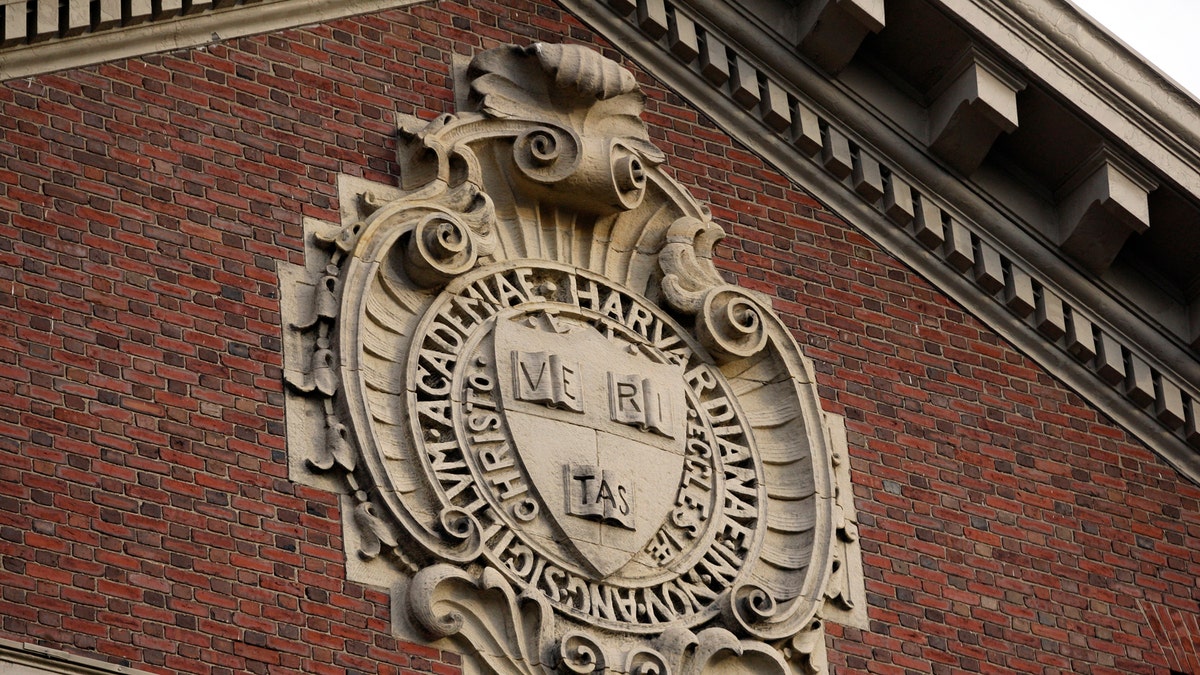Joy Reid states affirmative action got her into Harvard
MSNBC host Joy Reid stated that she attended Harvard through affirmative action while criticizing the Supreme Court decision that struck it down on Thursday.
The editorial board of the Harvard Crimson, Harvard University’s school newspaper, warned that limiting the word count of application essay questions could disproportionately harm people of certain backgrounds.
The Harvard Crimson lamented an overhaul to the format of its Ivy League school’s application process in a Tuesday editorial headlined, "Let’s Talk About Harvard’s Brand New College Application."
The board wrote that "with the end of race-based affirmative action in university admissions, applicants are facing an added uncertainty: the extent to which their diverse backgrounds can factor into their essays, and in turn, their admissions."
It explained that Harvard changed its supplemental essay questions "from one optional open-ended essay and two optional short essays to a series of five required short essays, each with a 200-word limit."
The "foremost concern," the board claimed, is how students will be able to "condense discussions about formative life experiences and their identities into 200 words or less," suggesting this will have a "disparate impact that falls heaviest on those from marginalized backgrounds."
By contrast, the board suggested that "longer essays more equitably allow applicants to discuss their experiences in full, particularly if they are from non-traditional backgrounds and require more space to elaborate on nuanced qualifications."

Harvard banners hang outside Memorial Church on the Harvard University campus in Cambridge, Massachusetts, on Friday, Sept. 4, 2009. (Photo by Michael Fein/Bloomberg via Getty Images)
The board also suggested that the prompts themselves might be problematic, as new mandatory prompts "may not even be relevant to their background at all."
One purported example the board provided of a problematic prompt asked applicants to "briefly describe an intellectual experience that was important to you," arguing this question "seemingly privileges applicants from well-resourced backgrounds for whom additional academic opportunities were plentiful in high school."
The board of the Ivy League school’s newspaper then asked, "in what world is it equitable to have one out of the five required short-answer prompts seemingly cater to those from highly privileged backgrounds?"
It suggested that "trauma dumping," or sharing one’s past hardships, might be a key process in students’ applications.

A seal hangs over a building at Harvard University in Cambridge, Massachusetts November 16, 2012. REUTERS/Jessica Rinaldi (Reuters/Jessica Rinaldi )
"Harvard’s restructuring of its supplemental essay questions amid the post-affirmative action turmoil also gives us an opportunity to reevaluate the role of ‘trauma dumping’ in the application process," the board wrote. "Despite the negative connotations of this term, we feel that oversharing past hardships can be appropriate in college admissions essays considering that evaluators are seeking to understand the sum total of applicants’ experiences and how they’ve excelled despite personal circumstances."
While the newspaper’s board argued that "those who have undergone traumatic experiences should not have to fear that writing about the experiences that shaped them looks like a beg for admission," it suggested that the college admissions process should be trusted to discern between those who merely provide a "litany" of past traumas versus those who share stories of how they overcame them.
CLICK HERE TO GET THE FOX NEWS APP
For more Culture, Media, Education, Opinion, and channel coverage, visit foxnews.com/media.











































